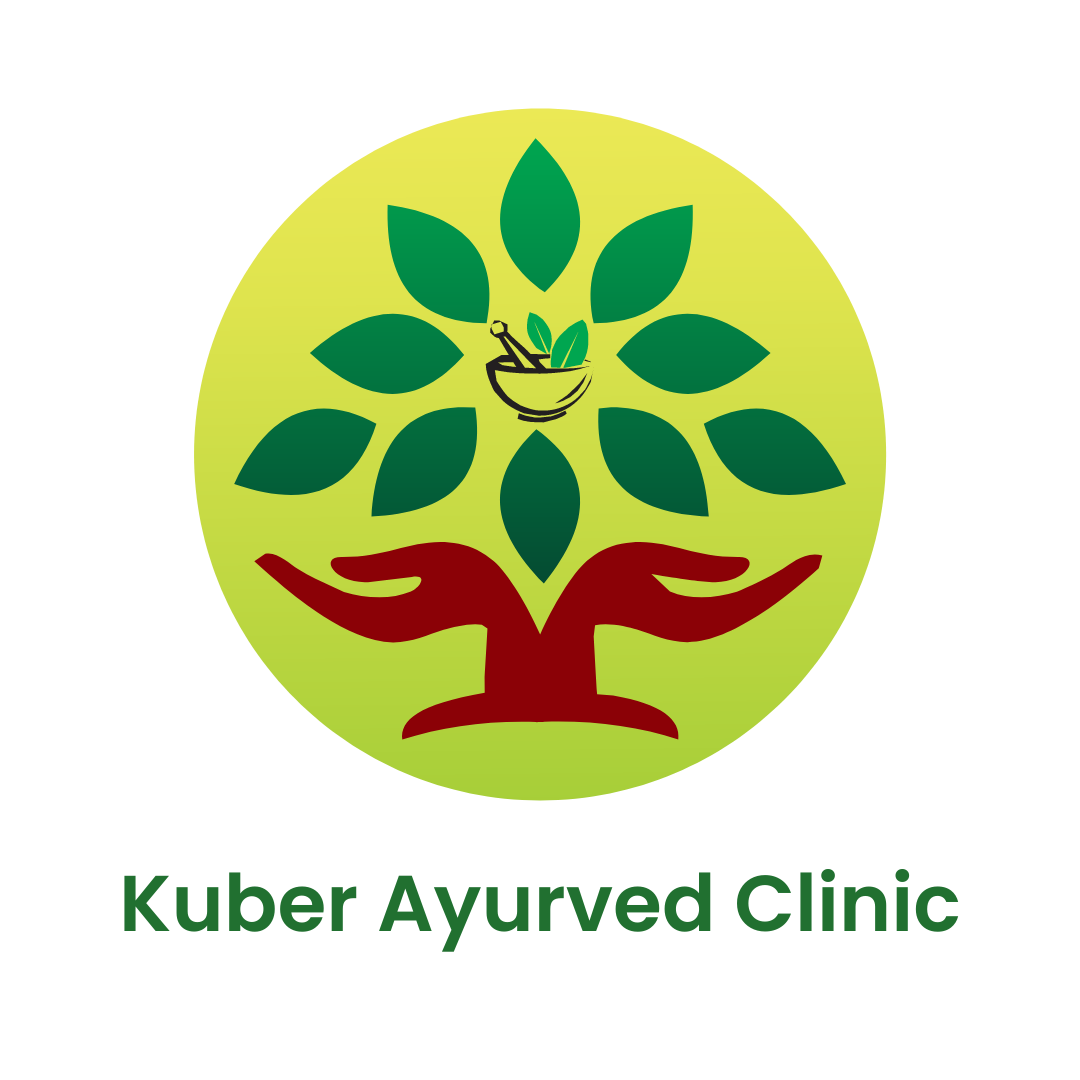+918048033429

This is your website preview.
Currently it only shows your basic business info. Start adding relevant business details such as description, images and products or services to gain your customers attention by using Boost 360 android app / iOS App / web portal.
Urinary Calculus BestAyurvedicDoctorNearKoakne...
Urinary Calculus BestAyurvedicDoctorNearKoakneChowk BestAyurvedic ClinicInRahatani Panchakarma Centre Urinary calculus, also known as kidney stones or nephrolithiasis, refers to the formation of hard, stone-like deposits in the kidneys or urinary tract. These stones can cause severe pain, bleeding, and urinary tract infections. Types of urinary calculus: 1. Calcium oxalate stones: Most common type, often caused by excess calcium or oxalate in the urine 2. Uric acid stones: Typically seen in people with gout or those who don't drink enough water 3. Cystine stones: Rare, usually occurring in people with a genetic disorder 4. Struvite stones: Associated with urinary tract infections Causes and risk factors: 1. Dehydration 2. Dietary factors (e.g., high animal protein, sodium, or sugar intake) 3. Family history 4. Certain medical conditions (e.g., kidney disease, gout, or inflammatory bowel disease) 5. Obesity Symptoms: 1. Severe pain in the side or back, below the ribs 2. Painful urination 3. Nausea and vomiting 4. Frequent or urgent urination 5. Blood in the urine Ayurvedic approaches to managing urinary calculus include: 1. Herbal remedies like Varunadi Vati (Crataeva nurvala) and Punarnava (Boerhavia diffusa) 2. Dietary changes, such as increasing fluid intake and reducing animal protein 3. Panchakarma therapies like Basti (enema) and Abhyanga (oil massage) 4. Yoga and pranayama to improve overall health and reduce stress #BestAyurvedicDoctorNearKoakneChowk #BestAyurvedic ClinicInRahatani #Panchakarma Centre

